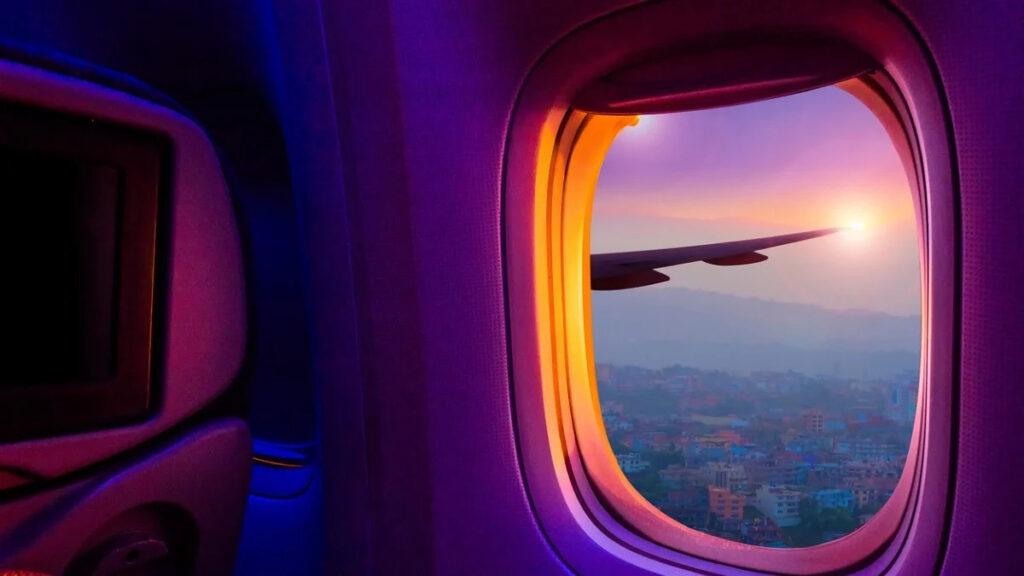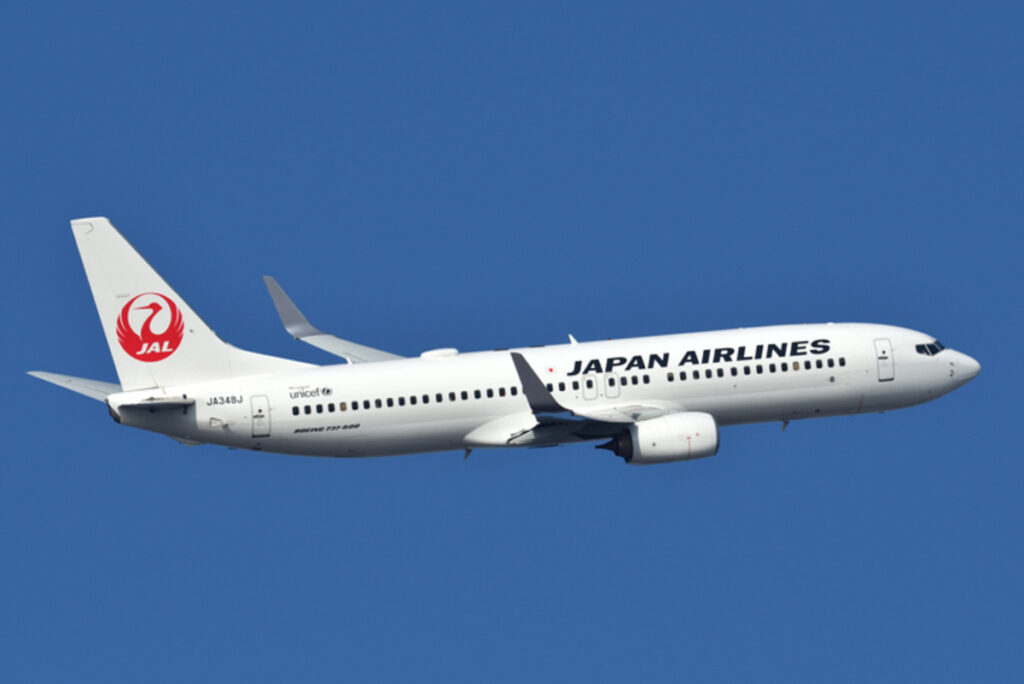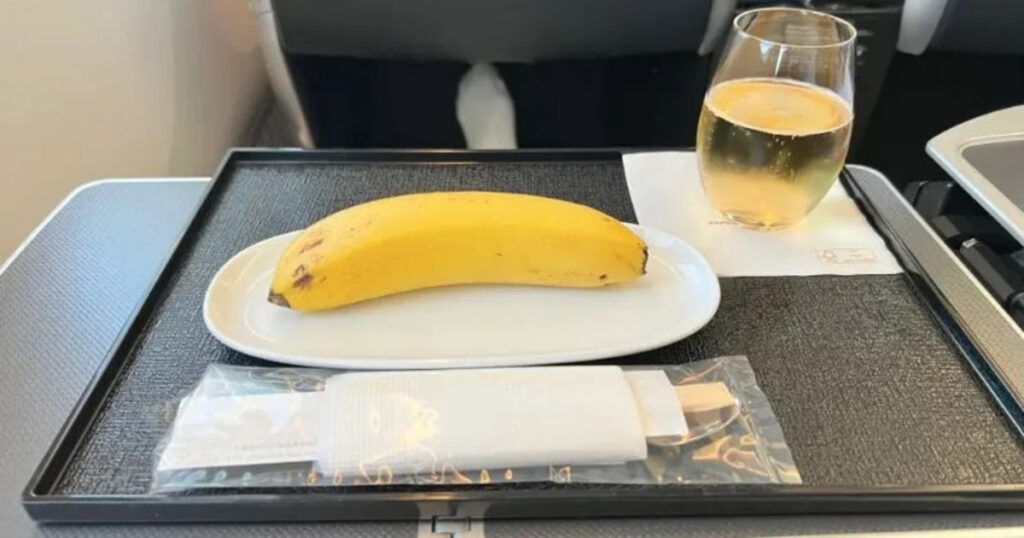Eating a strictly vegan diet can be tough, especially when traveling. Despite strides in inclusivity, vegans often face challenges when it comes to dining options, particularly in the service industry.
The Case of Kris Chari: A Vegan’s Disappointment
Take Kris Chari, for instance. On a recent Japan Airlines flight from Jakarta to Tokyo, Chari, a committed vegan, experienced firsthand the limitations of vegan meal options. Expecting a suitable alternative to the standard in-flight snack, Chari was dismayed when the crew presented him with a single banana.
The seven-hour flight included both a snack and a full lunch service. While other passengers enjoyed a variety of choices, Chari’s hopes for a thoughtful vegan option were dashed. “It’s a bit insulting to be given just a banana while others are served a more substantial and flavorful menu,” Chari shared on flyertalk.com. “With the growing number of vegans and vegetarians, it seems important to offer better options.”
A Subpar Lunch Follows

Chari’s disappointment didn’t end with the snack. For lunch, he was served what he described as “barely seasoned spaghetti.” This minimal effort did little to satisfy his dietary needs or his expectations for a premium class meal.
Japan Airlines’ Response

When contacted by Business Insider, Japan Airlines acknowledged the situation and issued an apology. “We apologize for not meeting expectations,” a representative stated, confirming that the banana was indeed the substitute snack offered for special diets.
The Broader Implications

Chari’s experience highlights a broader issue within the airline industry and beyond: the need for better accommodation of dietary restrictions. As more people adopt vegan and vegetarian lifestyles, businesses must evolve to meet these demands. Offering a piece of fruit as a meal alternative is not only inadequate but can also feel dismissive.
Real-Life Reflections
As a fellow traveler who once spent an entire layover eating only airport pretzels because there were no vegan options, I empathize deeply with Chari’s frustration. Traveling is stressful enough without having to worry about finding something decent to eat. Airlines, in particular, have a responsibility to cater to all their passengers, especially those who have informed them of their dietary restrictions in advance.
In my experience, planning ahead is key. I always pack my own snacks now, just in case. But it shouldn’t have to be this way. As inclusivity becomes a bigger part of our societal values, it’s crucial for service industries to keep pace.
Conclusion
Kris Chari’s story is a reminder that there’s still much work to be done in making travel comfortable for everyone. Airlines and other service providers need to step up and ensure that all passengers, regardless of their dietary needs, are offered thoughtful and satisfying options. After all, everyone deserves to enjoy their journey.






![MORAD nuovi concerti a Roma e Olbia [Info e Biglietti]](https://www.wecb.fm/wp-content/uploads/2025/03/1741135029_Morad-new-concerts-in-Rome-and-Olbia-info-and-tickets.webp-150x150.webp)